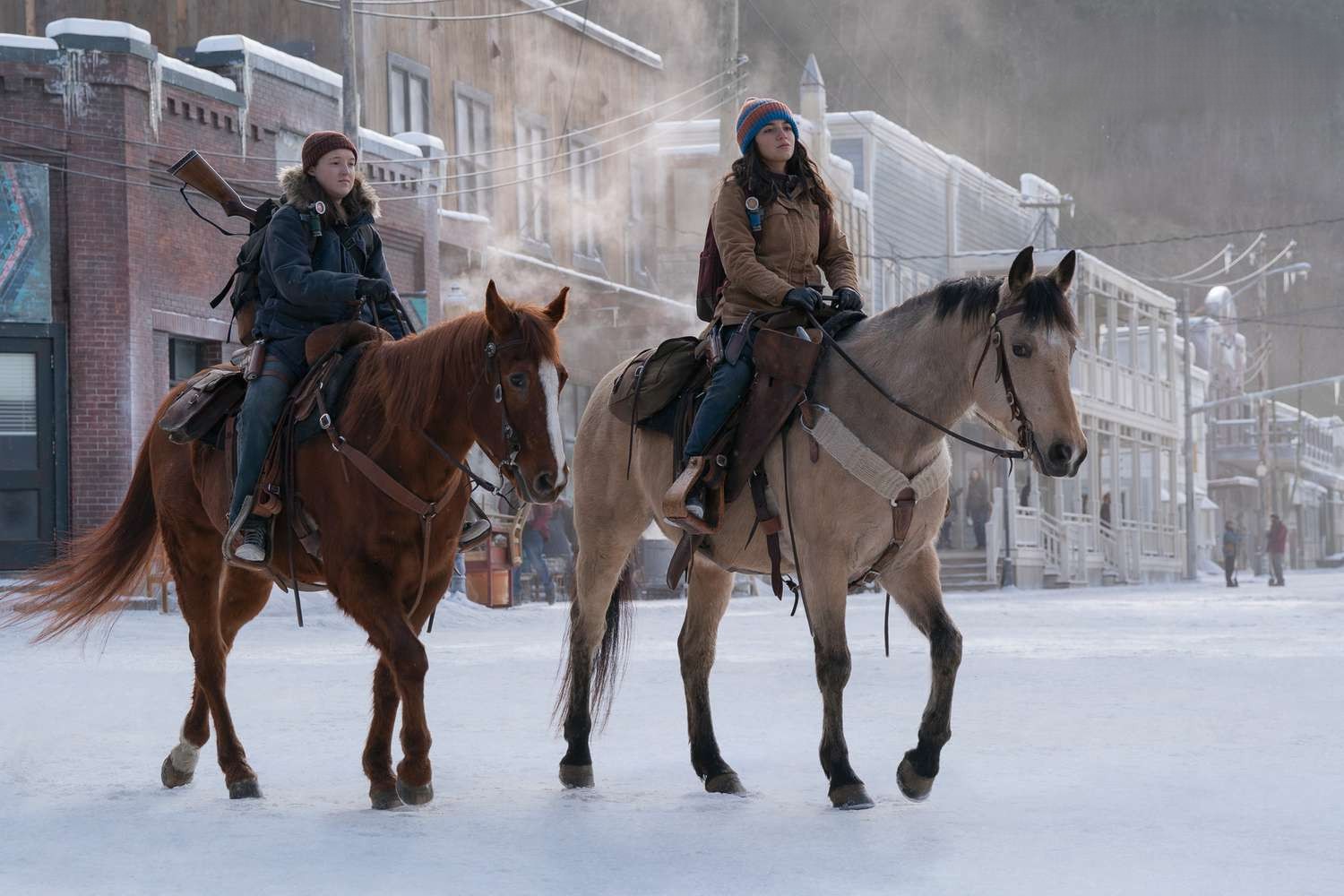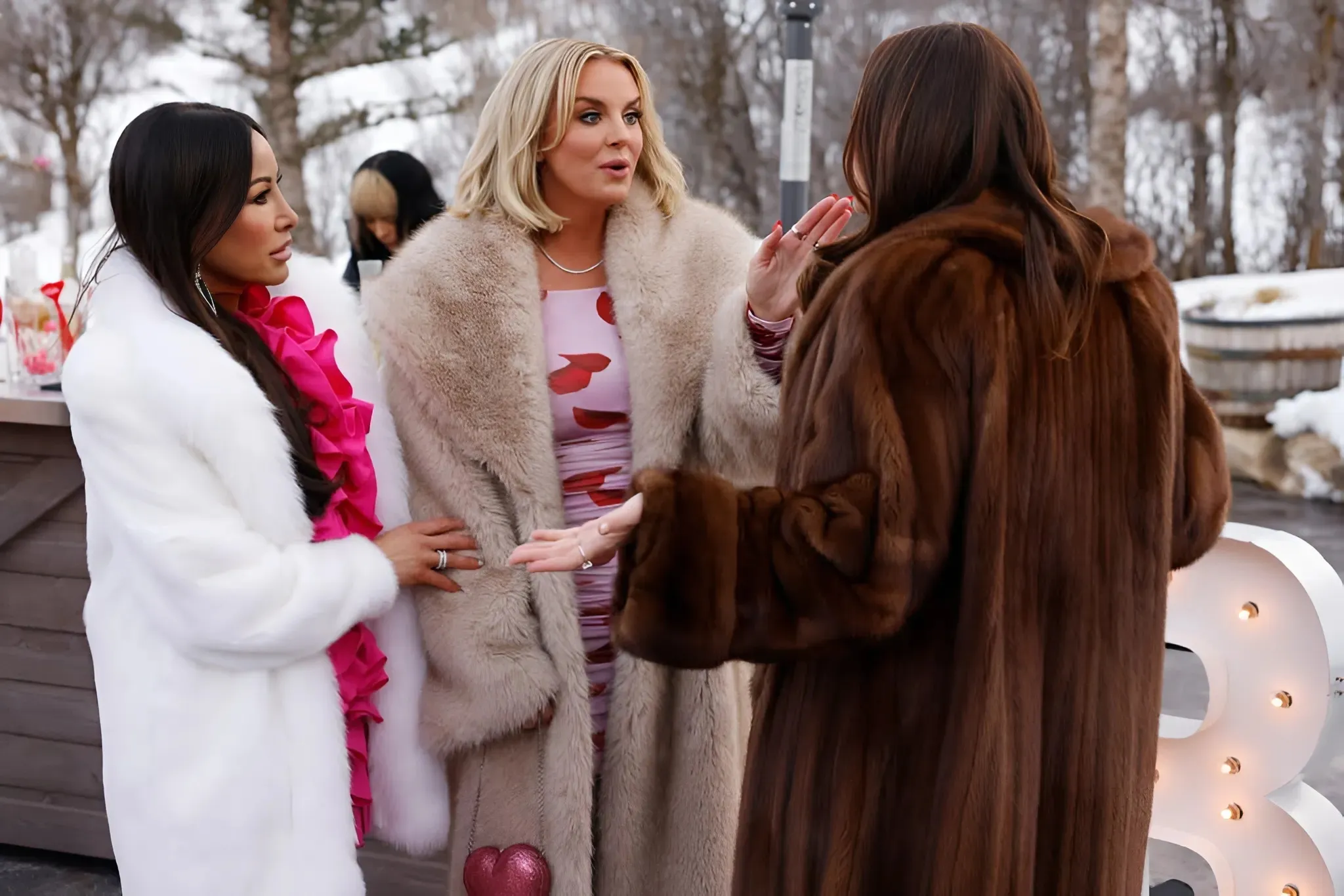Following the explosive success of Season 1, The Last of Us returns with a bolder, more emotionally complex second season. But while it’s earned high praise from critics, the series has also sparked debate among fans for its controversial changes.
Premiering globally on April 13, Season 2 was met with critical acclaim — scoring 82/100 on Metacritic from 40 reviews and an impressive 96% critic score on Rotten Tomatoes. However, fan ratings were significantly lower, sitting at just 58%.
Escaping the Shadow of Season 1
Based on the hit video game, Season 1 stood out thanks to its bleak tone, nuanced writing, and the touching bond between Joel — a hardened survivor — and Ellie, a uniquely immune orphan. Their journey across a ravaged America, culminating in Joel’s controversial decision to save Ellie at all costs, raised powerful questions of morality and sacrifice.
Season 2 picks up five years later in the snowy safety of Jackson, Wyoming. But peace is only surface-deep. Now 19, Ellie is burdened with rage and the pressure of her past, while Joel grapples with guilt and the difficulty of fatherhood.
As their bond frays, a new storm brews. Abby, the daughter of one of Joel’s past victims, seeks revenge. Meanwhile, the infected evolve — more intelligent, more terrifying.

Stronger Emotion, Looser Focus
Though the show deepens character development, it struggles with pacing. Season 1 struck a perfect balance between emotion and action. Here, some episodes drag under the weight of introspection, making the narrative feel uneven.
More Characters, Narrower View

Unlike the expansive, poetic episodes of Season 1 (like Bill and Frank’s love story), Season 2 narrows its focus, honing in tightly on Ellie’s emotional spiral. Gone are the shimmering side tales — replaced by a raw, unfiltered dive into Ellie’s rage, loneliness, and identity.
Joel and Ellie’s once-unbreakable bond now feels cold and distant, sparking discomfort for longtime fans. Ellie is no longer the bright-eyed girl — she’s angry, hardened, and withdrawn. Her self-destructive choices may frustrate viewers, but they also reflect a painfully authentic portrait of growing up in a broken world.
Pedro Pascal once again delivers as Joel — gruff yet vulnerable. And Bella Ramsey proves her strength, portraying Ellie as fierce but wounded.
While Season 2 may divide audiences, its emotional weight and bold character arcs prove The Last of Us is still one of the most daring dramas on TV.



-1745771502-q80.webp)